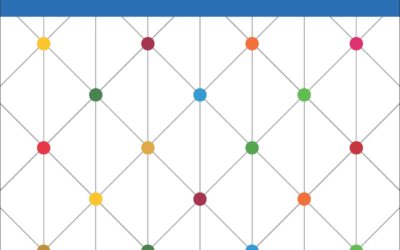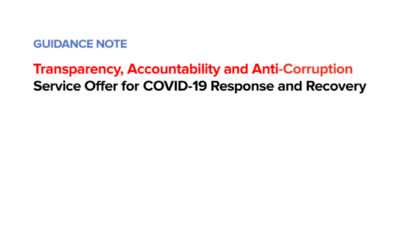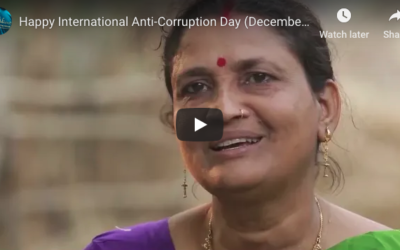Transfer and Adaptation of Innovative Practices for Improved Public Service Delivery in LDCs
The Public Administration Capacity Building Branch of the UN Department of Economic and Social Affairs is organizing, in close cooperation with the Democratic Governance Group of UNDP, a high level capacity-building workshop on “Transfer and adaptation of innovative practices for improved public service delivery in LDCs” that will take place in Addis Ababa, Ethiopia, from 17 to 19 March 2014.
The Workshop for some 25-30 trainees from the interested least developed countries will offer a platform for selected public sector managers to increase awareness of the innovations available for important areas of service delivery. Specifically, the workshop will serve as a working space for networking and for exchanging ideas, knowledge and strategies on the ways to design and implement efficient, equitable and responsive delivery systems. The workshop is expected to make recommendations on what specific innovations are to be transferred and adapted, as well as what countries would participate in the subsequent practitioner-to-practitioner knowledge transfer workshops.
On the first day of the Workshop, DPADM/UNDESA and DGG/UNDP will jointly launch a new on-line training course on Corruption Prevention, which provides an overview of current issues and practices in preventing corruption in public administration for public officials who have responsibility for corruption prevention policies or practices (public servants) as well as students of public administration and other areas of social sciences.
Drawing on implemented practices submitted for the United Nations Public Service Awards category on Preventing and Combating Corruption in the Public Service, this course is intended to raise awareness of practical measures that help prevent corruption by building public administration capacity in countries with developing and transition economies.




